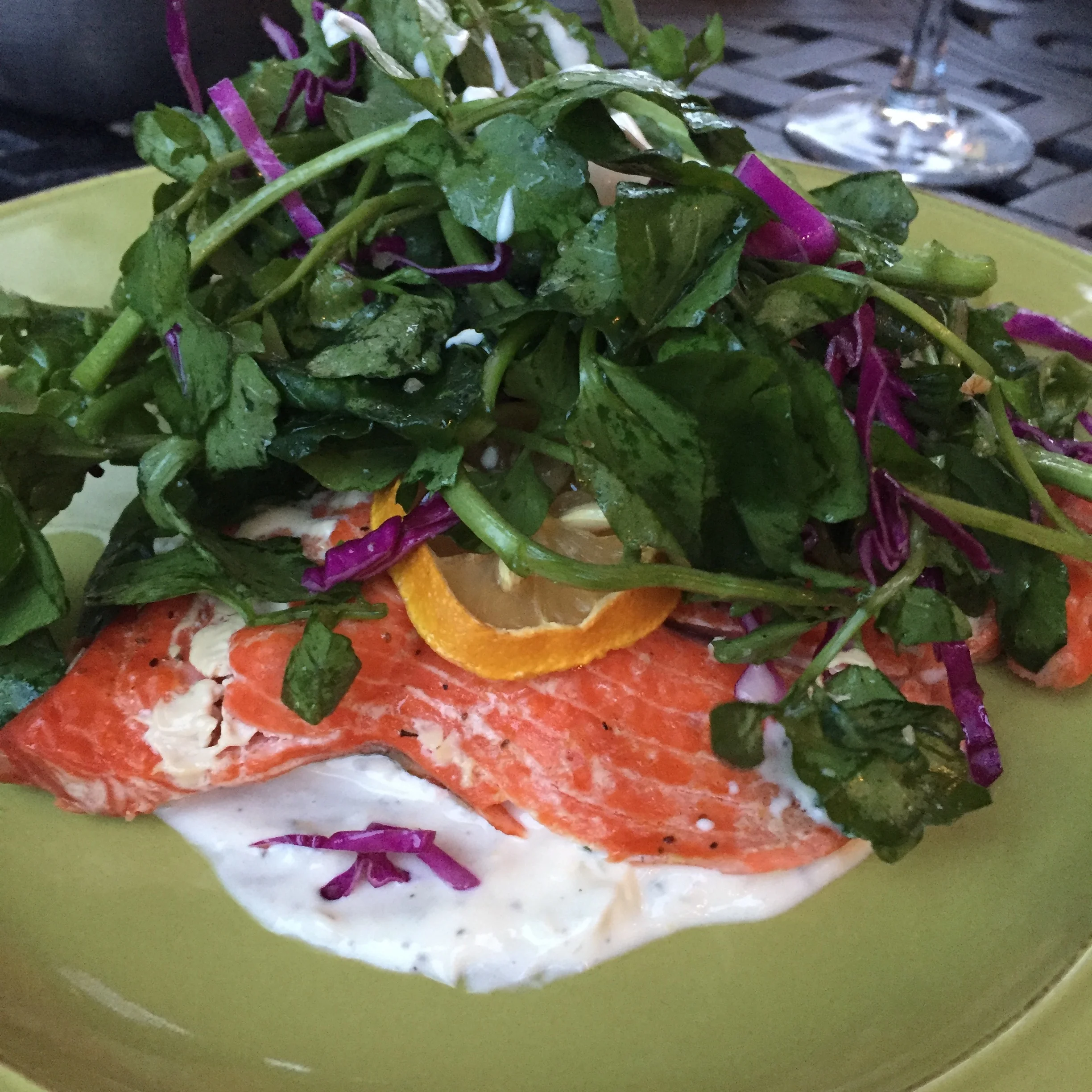how many calories should I eat?
This question is everyone's favorite. It comes up constantly. This question is my least favorite. Many think the answer to this question holds the key to weight loss. They also think that as a nutrition expert I should have the answer. But, it isn't the key and I don't have the answer.
I appreciate every single person who comes to my nutrition seminars, follows me on social media, and reaches out to me for guidance. Every time this question comes up it reminds me why my nutrition passion lies in wellness. My goal is to stop people, even if it is one person at a time, from thinking and asking this question.
Every body is different. We have different levels of activity, different baseline metabolisms, different underlying medical conditions, different ages, etc. We are all unique and that is why our nutrition needs are unique and unable to be quantified so simply. I do not answer this question because I don't have the power to know what is happening inside your body. Yes, in the medical and research world we have the ability to determine your basal energy expenditure (how much energy your body is using up when it is completely at rest) but even that is not very useful to the real world. Any number of factors can impact your energy expenditure at any given moment including illness, stress, and activity.
So what now? We hear that we need to expend more energy than we take in, but is this true? In a way, yes it is. But, more and more research is coming out showing us that we don't really know how many calories are in foods (for example findings a few years ago showed that almonds have less calories than previously thought) and we don't know if all calories are processed the same way. In other words, it may be quality over quantity.
It is confusing, and I know it is frustrating because at the end of the day many of us feel if we could just control something and have clear cut, black and white guidelines, we could lose those last 10 pounds, or whatever it may be. But, perhaps a strict guideline isn't what we need, maybe the answer is within us...
I don't recommend counting calories, but...
I would recommend tracking your food (calories are just a part of this and shouldn't be the focus). Instead, I recommend evaluating your diet patterns. The easiest way to do this is through an app. You can use MyFitnessPal, ignore whatever calorie recommendations it gives you, and just use it as a tracker. For three days (two week days and one weekend day) enter everything you eat. Be honest, be yourself. The point is to see what your normal eating habits are and if you make those REALLY good days you are only limiting your ability to improve your overall diet.
what to do with the information...
You can use the information to see your diet patterns. This can include time between meals, macronutrient content (is majority of your energy intake coming from carbohydrates?), quality of intake (are most of your foods processed?) and yes, even calories. Use this as a tool to identify one small area of improvement.
Perhaps 80% of your energy intake comes from carbohydrates...that is a lot. Look at the foods you ate that contained the most grams of carbohydrates and think about how you might cut back on the portion. If you eat several carbohydrate sources at one meal consider eliminating one and adding a healthy fat to offset the decrease in portion size and to help you stay full.
It is okay to look at the calorie info, but again, use it as a tool. If you are consuming 1000-1200 calories in a day there is a good chance you are not eating enough. Not eating enough may be another reason you aren't losing weight.
what about exercise?
Stop trying to offset what you eat by working out for 2 hours a day. Just stop. It doesn't work that way. Exercise for your health, for stress relief, and for confidence, but don't think that you can offset your diet by wasting your entire day in the gym.
exercise should compliment your diet...not make up for it
be mindful
I know you have heard this before. But it is true. As you work on making your small changes tune-in to what your body is telling you. Is it telling you it's hungry? Eat. Do you have a terrible afternoon slump? Try to balance out your lunch with a carbohydrate, protein, and fat source. You need to experiment, listen to your body, and be consistent. Overtime, and with mindfulness, and small changes, you will learn what your body needs. There will be days you need more fuel, and that's okay. There will be days when you aren't quite as hungry, and that is okay too. Let's get rid of the rules, the strict guidelines, the obsession, and focus on eating whole, real foods, and truly nourishing ourselves.
Do you want help reaching your goals? Do you need help getting started on this process of self-discovery? Check out my services page and find out how I can help you live your life free from counting and full of flavor.
“Life free from counting and full of flavor”


